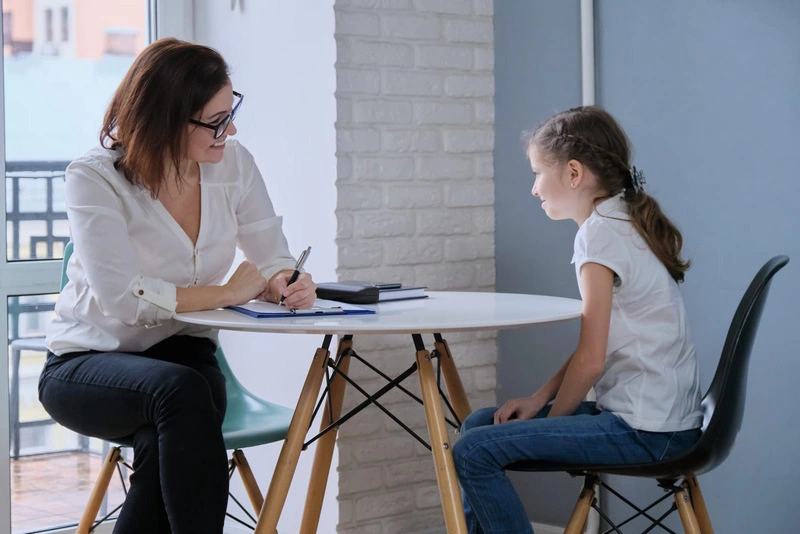Reactive Attachment Disorder can profoundly impact a child’s mental, emotional, and physical growth. Children with RAD often struggle with trust, making it hard for them to build meaningful relationships. They may feel isolated, misunderstood, and experience persistent feelings of insecurity.
Reactive Attachment Disorder Treatment
Reactive Attachment Disorder treatment is a targeted approach aimed at children who have difficulty forming healthy emotional bonds with caregivers due to early life neglect or instability. Treatment becomes crucial when these attachment issues negatively affect the child's development, relationships, and daily functioning.
Schedule an AppointmentImplications and Dangers of Untreated RAD
Physically, RAD can lead to developmental delays due to a lack of nurturing experiences in early life. This includes impairments in language development, cognitive abilities, and physical growth. Without proper treatment, RAD can lead to severe emotional problems as the child grows, including depression, anxiety, and other attachment disorders. It can also result in disruptive behaviors, academic struggles, and social difficulties, significantly affecting the child’s quality of life.


Professional Intervention for RAD Treatment
Navigating the waters of Reactive Attachment Disorder (RAD) without professional support can be an uphill battle. The disorder manifests through a spectrum of complex emotions and behaviors that may perplex parents or caregivers and often necessitate intervention by experts proficient in the field of child psychology and attachment disorders.
Children with RAD may exhibit an array of difficult behaviors, including withdrawal from caregivers, defiant attitudes, or a lack of typical childlike joy and engagement. They might appear aloof, have difficulty managing their emotions, or act out aggressively. These behaviors stem from deep-seated issues linked to early life neglect or instability, and without expert help, these issues can be hard for families to understand and address effectively.
Patient reviews
Our Approach to Reactive Attachment Disorder Treatment
Our approach to RAD treatment is comprehensive and tailored to the unique needs of the child and family. We begin with an in-depth assessment to understand the child’s attachment patterns, emotional responses, and overall developmental progress. Our treatment strategy may involve individual therapy for the child, focusing on building emotional regulation skills and promoting social competence. Family therapy is an integral part of treatment, aiming to improve caregiver-child interactions and foster secure attachment.
We may also include play therapy, a therapeutic approach that allows children to express their feelings and experiences in a safe, supportive environment.


The Benefits of Quality Reactive Attachment Disorder Treatment
High-quality Reactive Attachment Disorder (RAD) treatment provides an array of benefits that can significantly improve the life of a child. One of the most prominent advantages is the fostering of healthy attachment patterns. Through consistent, nurturing interactions, children can form meaningful relationships characterized by trust and security.
Effective treatment also enhances a child’s emotional well-being. A child suffering from RAD often feels insecure and misunderstood. Through therapy, they learn that their feelings are valid and understood, leading to a greater sense of self-assurance. This, coupled with the reassurance that they are loved unconditionally by their caregivers, can significantly contribute to their emotional stability and happiness.
